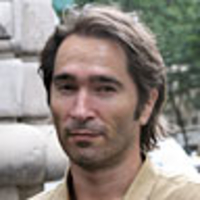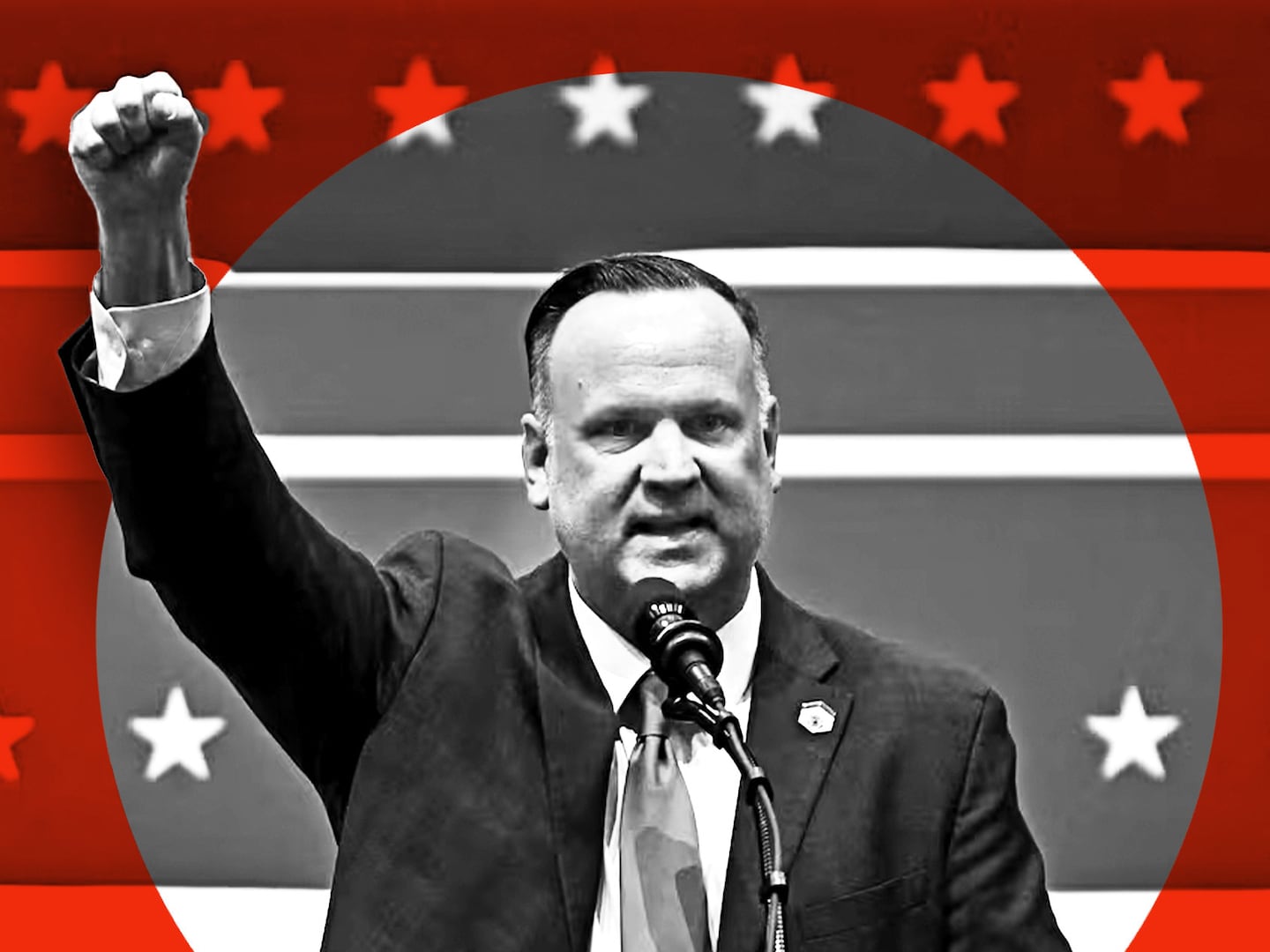
For a retiree, Jacques Chirac is a remarkably busy man. Fresh from a trip to Morocco, the tanned and beloved 76-year-old former president is busy plugging the Nov. 5 release of the first tome of his two-part biography. In France, Chirac’s book launch is drawing the sort of attention that Bill Clinton’s memoirs did in the U.S., spurred by his just-begun series of select interviews, book signings, and stratospheric approval ratings. With a bestseller looming, there’s only one real cloud on his glowing retirement horizon: He is set to become the first former French head of state to be judged since Marshal Pétain was convicted for collaborating with the Nazis.
France is intrigued, troubled, and fascinated by the idea that the dominant French conservative of the last 40 years—and a former president no less—may finally be held accountable for some small measure of the corruption that tainted the governance of Paris during his 18-year reign as mayor, from 1977 to 1995. The trial became likely on Oct. 30, when a judge concluded that Chirac and nine other people should be tried for systemic corruption, and all but certain on Nov. 4, as an appeals deadline passed.
Chirac’s vast appetites were legendary—from his countless trysts, which his wife has mocked in interviews, to his reputation for enjoying and being generous with money of questionable origin.
The alleged corruption involves 21 employed “advisers” to the city who allegedly did no actual work for Paris. The idea is that they were a part of a much larger corruption system that freed up money to grease palms and reward political favors. Chirac was, according to the investigating judge, “the designer, author, and beneficiary” of the system before he was elected president in 1995. Chirac told the conservative daily Le Figaro in an article posted on its Web site on Nov. 4 that he looks forward to clearing his name once and for all, and as soon as possible. “Naturally, I will go, like any citizen, to explain myself before the court, with serenity and determination, because I have done nothing wrong.” He could face €150,000 in fines and 10 years in prison.
Not many French people, including Chirac’s longtime political enemies, want to see their aging former president sent up the river for some second-rate palm-greasing. But the real question is this: Will a judge have the courage to go after a middling president who, in retirement, has morphed into the most popular living politician in the nation?
Because, truth be told, after a difficult adaptation to post-presidential life, he has really taken to retirement. Yes, there have been difficulties: Leaving the Élysée Palace gardens was so hard on Chirac’s fluffy little Maltese, Sumo, that the dog began taking antidepressants and eventually began biting the ex-president, forcing him to give Sumo away. But Chirac’s retirement has, especially in recent months, begun to feel like an improbable victory lap. This summer, Jacques and his wife, Bernadette, vacationed at the villa of French billionaire industrialist François Pinault—who is the father-in-law of Salma Hayek—in Saint-Tropez. The former president enjoyed a most un-French aperitif, a piña colada, on the terrace of the trendy bistro Sénéquier, shook hands with scores of well-wishers, and posed with giddy young blond bystanders for their friends and paparazzi as a large crowd swelled around him. Later, the Chiracs dined with the current first family at Carla Bruni-Sarkozy’s sumptuous hilltop villa overlooking the Mediterranean at Cap Nègre. The French celebrity magazine Gala dubbed Chirac the “chouchou of Saint-Tropez.”
In reality, Chirac’s appeal at home has never been about his politics; it has been about his humanity—which includes his flaws. As president, he ultimately came across as warm, generous, and likable, the kind of guy you’d like to knock back a Corona with—as opposed to the French leaders who preceded and now succeed him. In retirement, people understand that they are more likely to drink with him than ever. And his Clinton-like need for human contact no longer carries calculated electoral undertones, while his self-consciously folksy George W. Bush-like charms à la française actually seem heartfelt now.
In the end, Chirac’s absence from politics really has clearly made France’s heart grow fonder. While his renewed exposure to justice may dim his current glow, retirement has clearly brought out the best in him. A man who was stunningly unpopular at the end of his presidency (with just 32 percent approval ratings) is now approved of by 76 percent—nearly twice the number who appreciate his successor, President Nicolas Sarkozy.
And yet, while most French enjoy Chirac, 72 percent still want him to face justice. It is no secret that during his decades in power, he could be duplicitous, disloyal, craven, and tempted by the royal trappings of his position. His vast appetites were legendary—from his countless trysts, which his wife has mocked in interviews, to his reputation for enjoying and being generous with money of questionable origin. As mayor, Chirac’s daily food-and-drink stipend at City Hall has been put at around $750 per day, and a onetime supporter claims to have delivered sacks of French francs to the mayor. As president, Chirac paid for private travel with suspiciously large amounts of cash, and even now, he lives in a vast apartment owned by the family of the assassinated Lebanese billionaire Prime Minister Rafik Hariri, an old friend who did extensive business with France. The only real surprise about the looming trial is how it could have taken so long, but the explanation has to do with the near absolute immunity granted to French presidents; it froze all investigations of Mayor Chirac during his 12-year presidency. Ultimately, Chirac has proved to be like a philandering husband whose wife knows his flaws only too well, but she always takes him back. And France, like his long-suffering spouse, still seems to love him. (Speaking of Bernadette’s suffering, watch Chirac being, er, generous with a younger blond woman, while his wife gives a speech—you don’t have to speak French to understand the body language.)
In some ways, his best shield in court may be his popularity—if it endures. Often, the further former French presidents get from wielding power, the more consensual they become as public figures. A fresh survey indicates that three presidents who preceded Chirac—François Mitterrand, Georges Pompidou, and Charles de Gaulle—are even more popular than Chi-Chi. They have an advantage in that they can no longer do any wrong at all; they’re all dead. Given his vibrant health and popular appeal, Chirac would do well to warmly remind the judge, and the French, that while he may still live large, he’s no longer doing it thanks to public largesse.
Eric Pape has reported on Europe and the Mediterranean region for Newsweek magazine since 2003. He is co-author of the graphic novel Shake Girl , which was inspired by one of his articles. He has written for the Los Angeles Times magazine, Spin, Vibe, Le Courrier International, Salon, Los Angeles and others. He is based in Paris.






